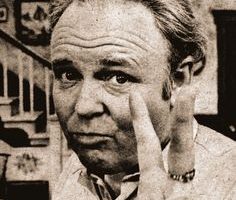What are the most common symptoms of C-PTSD?
Narcissistic Family Files shares, “C-PTSD includes a wide range of disabling symptoms, including some or all of the following disturbances”:
- hypervigilance;
- generalized fear, anxiety, and agitation;
- over-reactivity;
- insomnia;
- nightmares and/or night terrors;
- self-isolation;
- difficulty trusting;
- self-destructive behavior; and
- intrusive thoughts.
Being socially exposed to someone who is Cluster B or their Enablers more than one time tends to cause any morally sane and empathic person to question their sanity as well as their very humanity (most commonly).
Cluster B personality types are socially competitive and tend to be ruthlessly self-obsessed and narcissistic in general as a human personality type.
Those who are violent are on the ASPD spectrum — meaning they are prone to Sociopath, Narcopath, or Psychopath behaviors.
Those who are prone to violent mood swings that happen rapidly tend to end up diagnosed with Borderline Personality Type while folks who are simply self-obsessed and wholly socially transactional people end up being suspected of having Narcissistic Personality Disorder.
But what they all have in common is a desire to find individuals who are above average when it comes to having a desire to please other people from a purely altruistic motive and to take social advantage of such people physically, financially, and socially for all they are profoundly objectified worth.
Run-ins with such people tend to leave their victims with a wide range of social anxiety at best and a host of physical emotional and psychological symptoms that may or may not be readily apparent to a trained advocate or person who has been an abuse victim themselves.
Medical providers and authority figures like police and school teachers take note — if you meet someone who has the following symptom list or personality affectations you can bet your last dollar that they are being profoundly psychologically and emotionally — if not physically and or sexually — abused by someone in a position to do them harm in public with mobbing assistance or in private when no one cares or no one is looking.
Follow fb.com/cptsdsupport for ongoing daily social and emotional interaction with our team members and other folks in recovery if you are on the mend in recovery.
« Back to Glossary Index



